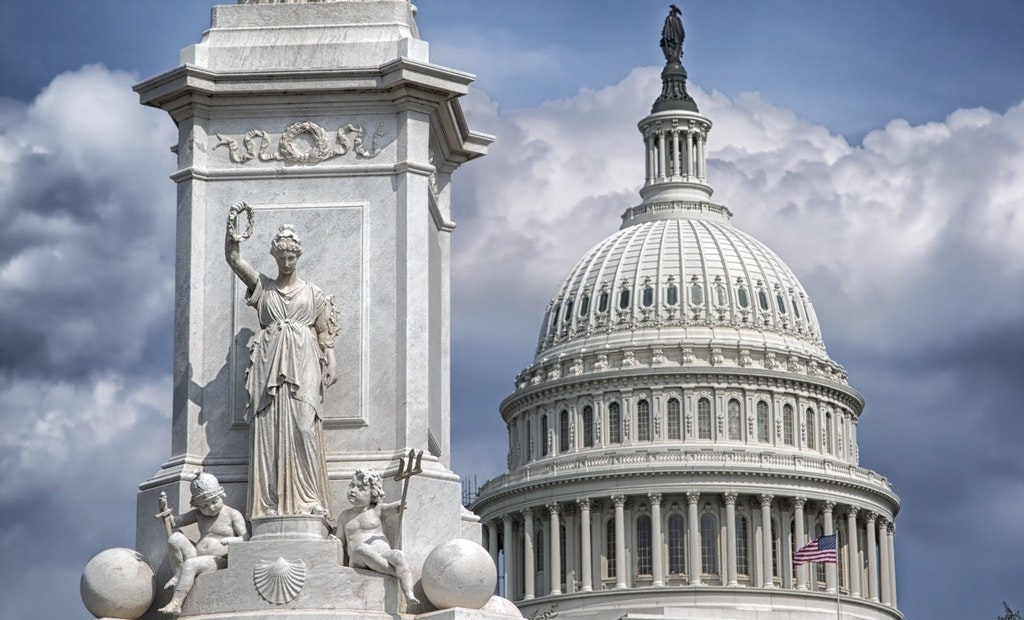US Congress passes freedom-threatening CISPA cybersecurity bill

US Congress ignored the threat of a White House veto to pass controversial cybersecurity legislation which grants the authorities unprecedented access to online communications, leading many to question the privacy implications of the bill.
The Cyber Intelligence Sharing and Protection Act, better known as CISPA, passed the House on Thursday by a margin of 248 votes to 168, even though the White House said President Obama would veto the act in a statement released one day before the vote.
In the statement, Obama explained that the bill “failed to provide authorities to ensure that the Nation’s core critical infrastructure is protected”. The statement went on saying that Americans “expect their government to enhance security without undermining their privacy and civil liberties”.
CISPA’s intention is to allow easier information-sharing about cyberthreats between security agencies, authorities and private companies. Under one part of CISPA, businesses and corporations are entitled to receive intelligence from the federal government about cybersecurity threats. Another part of the bill is far more controversial: it allows businesses to give up information to government agencies regarding cyberthreats.
Under current legal framework, US authorities do not share the data because the information is classified and companies fear violating anti-trust legislation. If the bill is enacted, CISPA would remove the legal barriers and protection.
The passage of the HR 3523 Act was largely expected, it gained support from the US Chamber of Commerce. More than 800 firms including Facebook, AT&T, Intel, Verizon and Microsoft indicated their support of the latest cybersecurity bill.
One of the supporters of the bill, Facebook, believed that the ability to share information between private and public organizations would be the future of internet security. In its letter of support of CISPA, it wrote: “The legislation removes burdensome rules that currently can inhibit protection of the cyber ecosystem and helps provide a more established structure for sharing within the cyber community.”
But the legislation has been criticised by advocacy groups such as the American Civil Liberties Union and the Electronic Frontier Foundation. Critics fear that if the CISPA bill passes, due to vagueness of terminologies and definitions adopted, it will show the same control over the Internet that SOPA (Stop Online Piracy Act) presented.
Anti-CISPA organizations such as Avaaz and Demand Progress launched online petitions campaigning that the bill should not be allowed to pass the Senate in May.
Queenie Man

























Facebook
Twitter
Instagram
YouTube
RSS